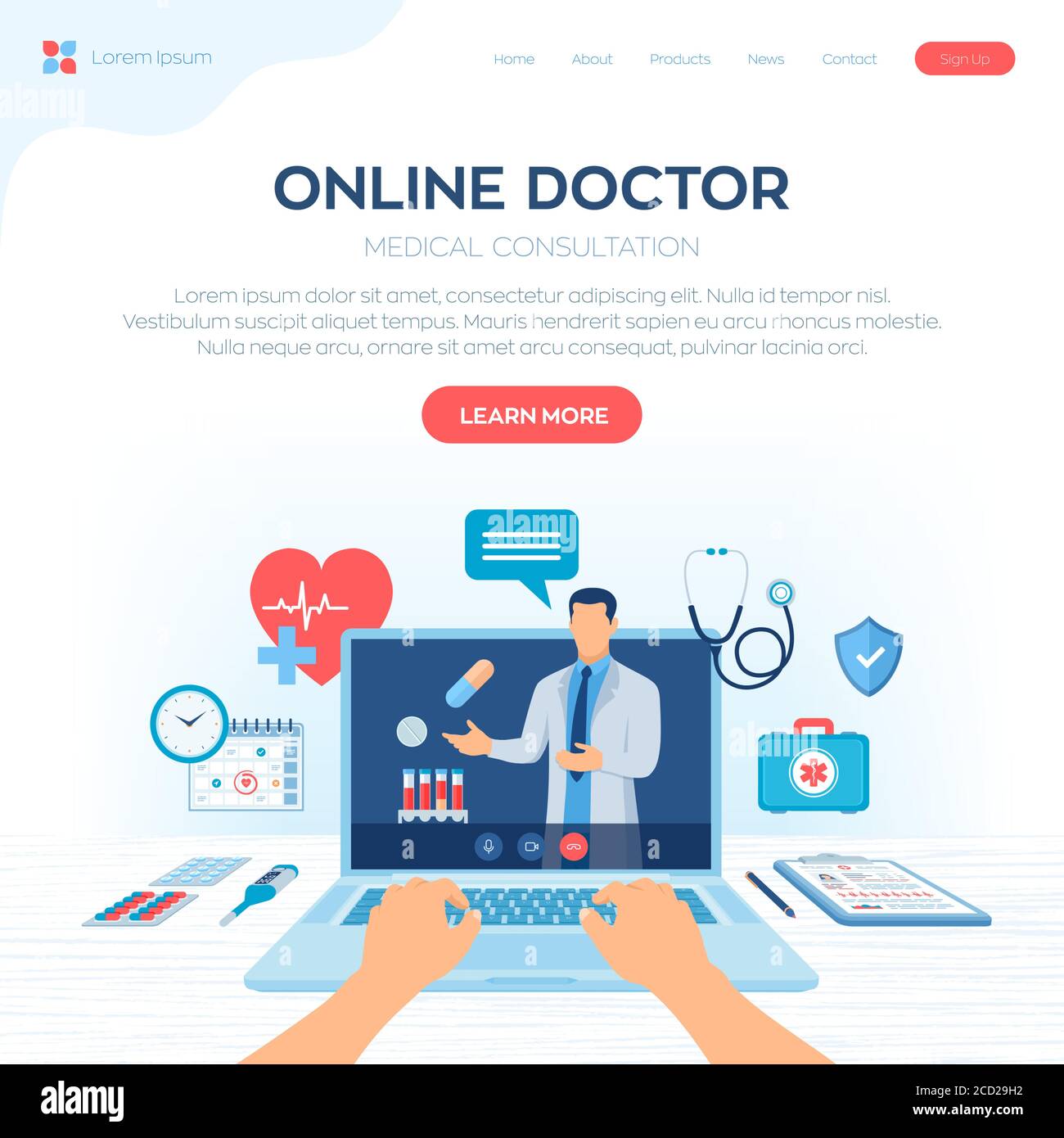The Impact of Subscription Based Healthcare on Typical Medical Practices
The Impact of Subscription Based Healthcare on Typical Medical Practices
Blog Article
The Increase of Subscription-Based Health Care and Its Influence On Person Care
As medical care progresses, the subscription-based design is acquiring grip, assuring to reinvent individual treatment by using predictability and access. The possibility for these designs to reshape medical care shipment raises pressing questions concerning their lasting sustainability and inclusivity. Are these registration solutions the future of medical care, or do they take the chance of leaving at risk populaces behind?
Comprehending Subscription Medical Care Designs
Understanding the principle of subscription medical care models entails taking a look at a transformative technique to medical solutions that emphasizes affordability and access. These models, typically referred to as direct key treatment (DPC) or attendant medicine, have actually emerged as cutting-edge options to traditional fee-for-service healthcare systems. Membership medical care enables patients to pay a fixed regular monthly or annual cost for a specified set of clinical services, which may include endless office visits, routine check-ups, and basic lab tests, without the demand for conventional insurance policy billing.
The framework of membership health care models is created to simplify patient treatment by removing third-party payers and intricate billing codes, thereby decreasing management problems. Doctor can focus a lot more on client treatment, promoting more powerful patient-provider partnerships. This design likewise advertises preventative treatment by motivating routine check outs, as the monetary challenge of per-visit fees is removed.
The subscription model often equips doctor to take care of smaller person panels, enabling even more tailored care. It lines up monetary incentives with person health and wellness end results, as providers are motivated to keep client satisfaction and wellness. Overall, recognizing registration health care versions needs recognizing their prospective to reshape just how treatment is provided and accessed.
Benefits for People and Providers

With a steady profits stream, health care professionals can commit even more time to each patient, leading to an extra individualized and comprehensive treatment experience. The emphasis on preventative care within membership plans can lead to better individual end results and decreased long-term medical care expenses.
Obstacles and Worries
While subscription-based healthcare designs existing numerous benefits, they also come with a set of obstacles and issues that need to be addressed. First, availability continues to be a significant problem, as these models usually target individuals who can pay for regular monthly costs, possibly leaving out low-income populaces. This increases honest inquiries concerning fair accessibility to medical care solutions. In addition, the diverse nature of registration strategies can cause complication amongst individuals concerning protection specifics, potentially resulting in unmet assumptions or inadequate care.
Financial sustainability of subscription-based versions is one more problem. Companies should balance the set earnings from memberships with the variable costs of medical care services, which might vary due to unexpected medical demands. This can create pressure to check out this site restrict services or increase costs, possibly impacting client fulfillment and care quality.
Moreover, regulatory oversight of subscription-based healthcare versions is still progressing. Resolving these obstacles is essential for the equitable and successful application of subscription-based healthcare.
Effect On Patient-Doctor Relationships
One substantial impact of subscription-based health care designs on patient-doctor relationships is the possibility for improved connection and personalized treatment. By taking on a membership model, medical professionals can handle a smaller sized patient panel, enabling even more committed time with each individual. This boosted schedule fosters a much deeper understanding of a client's case history, lifestyle, and choices, making it possible for much more customized therapy plans and treatments.

Nonetheless, it is necessary to identify that while subscription-based versions might profit those that can manage them, they might unintentionally expand medical care disparities. Clients that are incapable to join these models may experience lower access to customized care, possibly impacting their connections with doctor. Thus, while the registration version provides encouraging benefits for patient-doctor partnerships, it additionally poses difficulties that require to be dealt with to ensure fair healthcare gain access to.
Future of Medical Care Access

The duty of technology can not be neglected in this improvement. Telemedicine platforms and digital wellness records assist in smooth interaction between people and health care providers, breaking down geographical and logistical obstacles. Additionally, advancements in fabricated intelligence and data analytics can even more individualize treatment by predicting client needs and optimizing therapy plans.
However, the future of medical care accessibility also presents obstacles, such as making sure equity throughout different socio-economic groups. Policymakers and doctor have to work together to connect the digital divide, making sure that subscription-based versions continue to be comprehensive and budget-friendly. As these systems grow, they hold the pledge of making healthcare a lot more accessible, effective, and patient-centric.
Final Thought
Subscription-based health care versions are reshaping individual treatment by supplying a steady price framework and boosting accessibility. The increase of subscription-based health care motivates positive patient engagement, which has the prospective to enhance patient outcomes and fulfillment, signaling a transformative shift in healthcare distribution.
As medical care advances, the subscription-based version is getting traction, assuring to transform patient care by providing predictability and access.Subscription-based healthcare designs offer distinct benefits for both providers and clients, improving the total medical care experience.As medical care systems develop, the future of healthcare gain access to often pivots on the combination of ingenious models and innovations.Subscription-based medical care models are improving patient care by offering a steady price framework and boosting availability. The rise of subscription-based health care encourages aggressive client interaction, which has the potential to enhance patient outcomes and fulfillment, indicating a transformative change in healthcare delivery.
Report this page